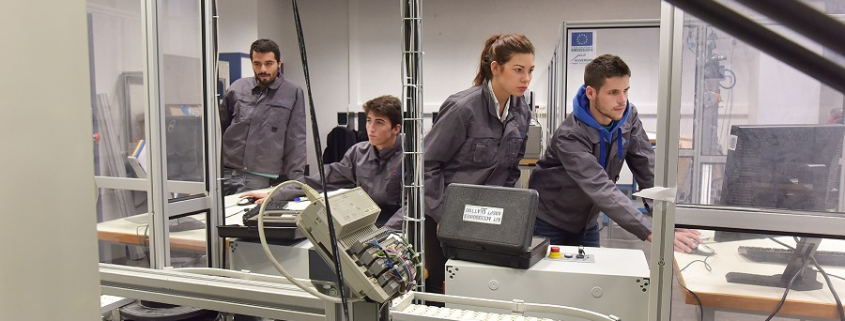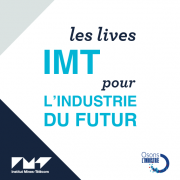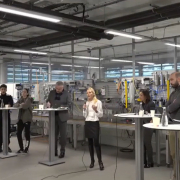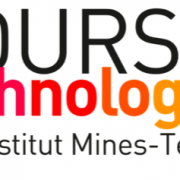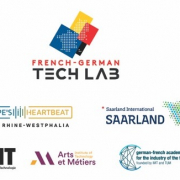IMT and its partners win the PIA3 award for their PARCOURS project – innovative vocational training for the industry of the future
Institut Mines-Télécom (IMT) and its partners have won the call for projects “Engineering of Vocational Training and Innovative Support Services” (IFPAI), run by the Banque des Territoires as part of the Investments for the Future Programme (PIA3).
The project, entitled Parcours, is led by a consortium of partners including Airbus, Bosch, Sigma Clermont, Festo, Fondation Mines-Télécom, Hall 32 and Institut Mines-Télécom along with associate partners: FIEEC, Syntec Ingénierie, AMICS, Michelin, Dassault Systèmes, AIF, Symop and Gimelec. Together, they seek to develop an innovative training programme to equip learners with key technological and managerial skills for the industry of the future.
Industry is ever-changing due to scientific advances, technological innovations, changing markets and shifts in organizations and business models. Today, digital technology represents a major breakthrough for the manufacturing industry in many areas: materials, machines, robots, production lines, supply chain, deploying and operating networks, and the related research and development activity. But it has also profoundly transformed companies and the ways they design, produce, distribute, market and sell, as well as their management. At the same time, the accelerated global growth of industrial and service corporations as well as population have put increasing strain on the environment in terms of resources (materials and energy), waste, pollution and climate change.
In light of these concerns, the PARCOURS project seeks to help industrial companies with their modernization and training strategies. The aim is to develop an agile, customized training program over three years with a focus on experiential learning, in order to improve employability among workers (managers, engineers, technicians), facilitate access to the labor market (job seekers or individuals changing careers) and therefore make industrial companies more competitive.

